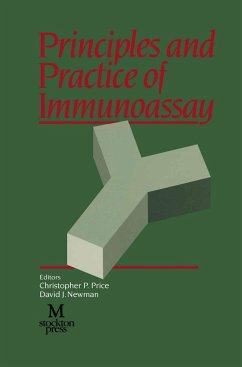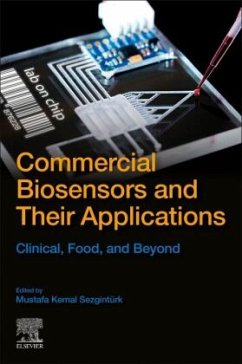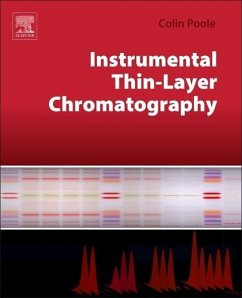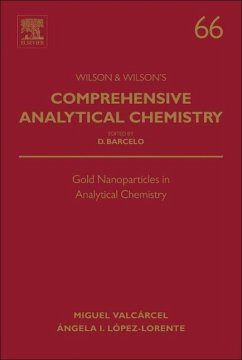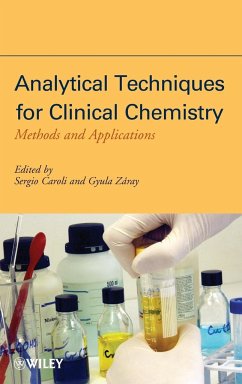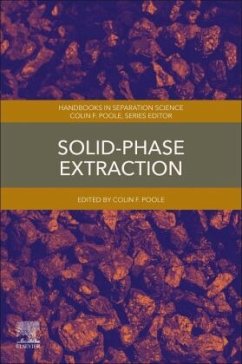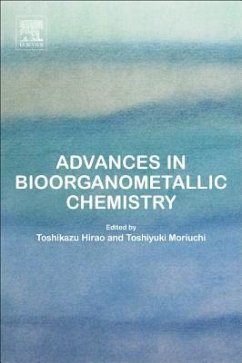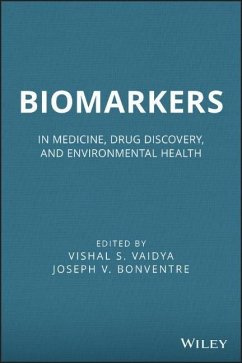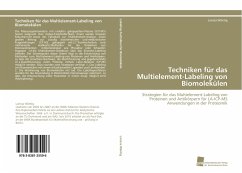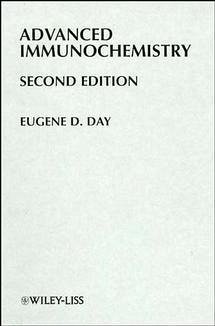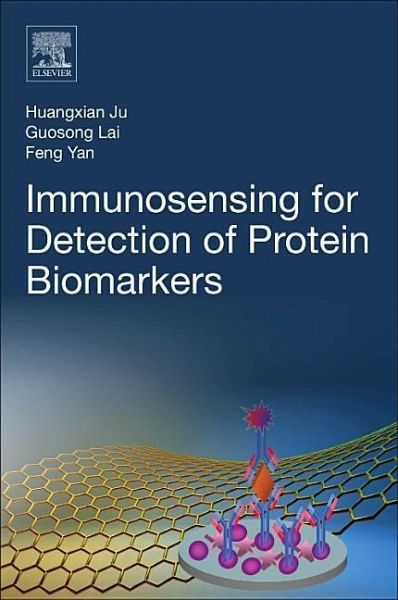
Immunosensing for Detection of Protein Biomarkers

PAYBACK Punkte
70 °P sammeln!
Immunosensing for Detection of Protein Biomarkers not only introduces the principles, methods, and classification of immunoassay, but also presents the latest achievements in areas such as electrochemical immunosensors, nanoprobe-based immunoassay, chemiluminescence immunoassay, electrochemiluminescent immunoassay, multianalyte immunoassay, optical imaging for immunoassay, signal amplification for immunoassay, and so on.In recent years, immunosensing and immunoassay methods have attracted considerable interest due to their applications in different fields, particularly clinical diagnosis. Alth...
Immunosensing for Detection of Protein Biomarkers not only introduces the principles, methods, and classification of immunoassay, but also presents the latest achievements in areas such as electrochemical immunosensors, nanoprobe-based immunoassay, chemiluminescence immunoassay, electrochemiluminescent immunoassay, multianalyte immunoassay, optical imaging for immunoassay, signal amplification for immunoassay, and so on.
In recent years, immunosensing and immunoassay methods have attracted considerable interest due to their applications in different fields, particularly clinical diagnosis. Although a large number of academic papers in immunosensing and immunoassay have been published in different journals recently, it is still a difficult and time-consuming task for researchers, especially those new to the area, to understand the principles, methods, and research progress of immunosensing.
Based on the research experience of the authors and their research groups, this book offers readers with new research ideas to develop immunosensing methodology. As a monograph, it offers deeper and more complete coverage than review papers, which only report certain aspects of progress. Grounded in the research experience of Professor Ju's research group, the book focuses on immunosensing for detection of protein biomarkers, summarizing understanding, research, and practice on immunosensing methodology in detection of protein biomarkers.
In recent years, immunosensing and immunoassay methods have attracted considerable interest due to their applications in different fields, particularly clinical diagnosis. Although a large number of academic papers in immunosensing and immunoassay have been published in different journals recently, it is still a difficult and time-consuming task for researchers, especially those new to the area, to understand the principles, methods, and research progress of immunosensing.
Based on the research experience of the authors and their research groups, this book offers readers with new research ideas to develop immunosensing methodology. As a monograph, it offers deeper and more complete coverage than review papers, which only report certain aspects of progress. Grounded in the research experience of Professor Ju's research group, the book focuses on immunosensing for detection of protein biomarkers, summarizing understanding, research, and practice on immunosensing methodology in detection of protein biomarkers.




